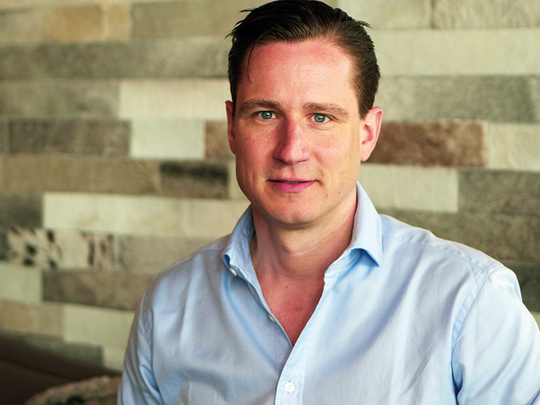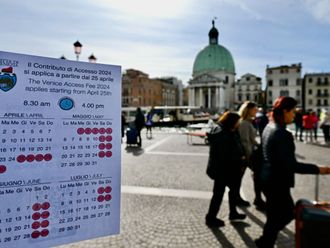
Dubai: In an industry where disloyal shoppers largely opt for the cheapest rates, travel website Expedia and its competition are locked in an arms race as they attempt to position their brands in front of consumers.
Expedia spent $1.4 billion on marketing in the third quarter of 2017, an increase of 21 per cent on the same period in 2016, according to its earnings report.
However, the San Francisco-based company was not the only big spender this year.
Fellow US-based firm Priceline plunged $1.2 billion in to its marketing efforts in the second quarter of 2017, a 25 per cent increase year-on-year, whilst TripAdvisor said it had increased its marketing budget by 18 per cent in its third quarter results.
Ait Voncke, Expedia’s vice-president of Europe, Middle East and Africa (EMEA) Market Management, was quick to dismiss suggestions that the companies’ plans to further ramp up marketing spend into 2018 constituted some sort of race to the bottom. “We’re going to continue spending and beefing [our marketing budget] up as long as the growth is there. Because the market is growing, we’re growing our audience constantly,” he said. “I wouldn’t call it a race to the bottom though.”
The senior executive also disputed the claim that consumers in his industry weren’t loyal.
He said that with 55 million loyal customers, Expedia did have “effective loyalty programmes.”
These include the “book 10 rooms and get one free” programme, which Voncke noted had a lot of subscribers who continued to repeat book as a result.
Expedia’s stock fell by 13 per cent in October on the back of its disheartening quarterly results, which fell well short of analysts’ estimates, and led to the company slashing its full-year profit forecast.
Company executives blamed this poor performance on hurricanes in the US and problems with its hotel-search website Trivago.
Speaking about Expedia’s third quarter results for Dubai, Paula de Keijzer, Expedia’s Senior Director of Market Management for the Middle East and Africa (MEA), said that the company had seen a 25 per cent growth year-on-year, outpacing the market from a demand perspective.
“For Dubai, we are seeing super healthy growth in demand,” she said.
According to de Keijzer, the company’s global third quarter results obscure some very positive indicators, regionally at least.
Expedia saw Ireland, India and China all surge as feeder markets in to Dubai, all experiencing triple-digit growth compared to the third quarter of 2016. Switzerland and Brazil almost doubled their demand into Dubai, whilst South Korea grew by 40 per cent.
The company also reported an increasing length of stay and longer booking windows, which hotels love, according to de Keijzer, because it translates to more money spent in their restaurants and in their spas. Longer booking windows mean hotels have longer to contact guests, and have longer to upsell them in advance.
August saw the departure of long-time CEO Dara Khosrowshahi, who oversaw a quadrupling of sales, from $2.1 billion in 2005 to $8.8 billion in 2016, and an increase in market capitalisation of $18 billion, during his time at Expedia.
“Privately it’s a big loss,” said Voncke, adding that Khosrowshahi’s exit would not have an impact on Expedia’s business performance.
The Iranian-American CEO left the company to take over at the embattled ride-hailing firm Uber Technologies.












